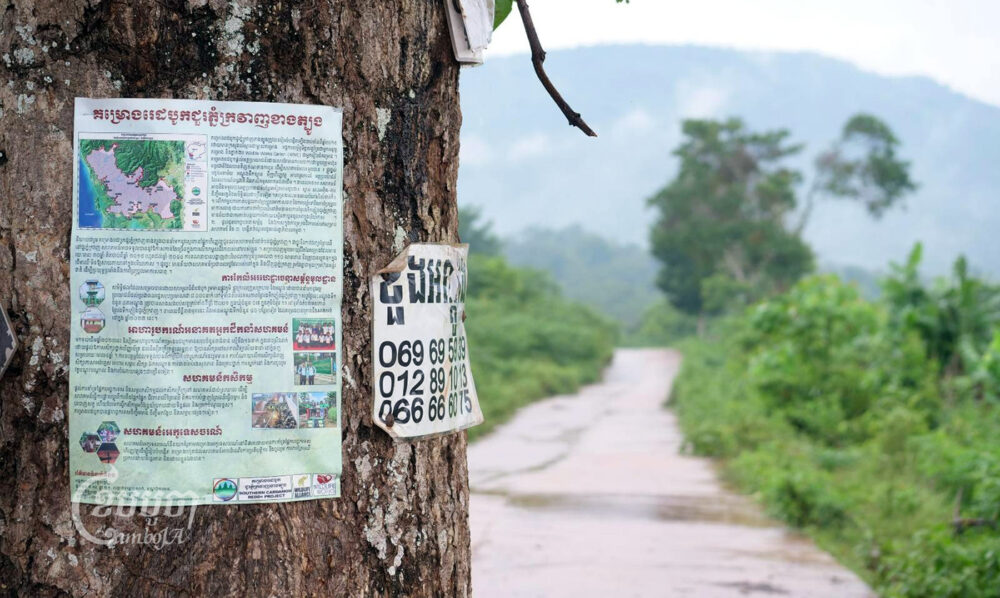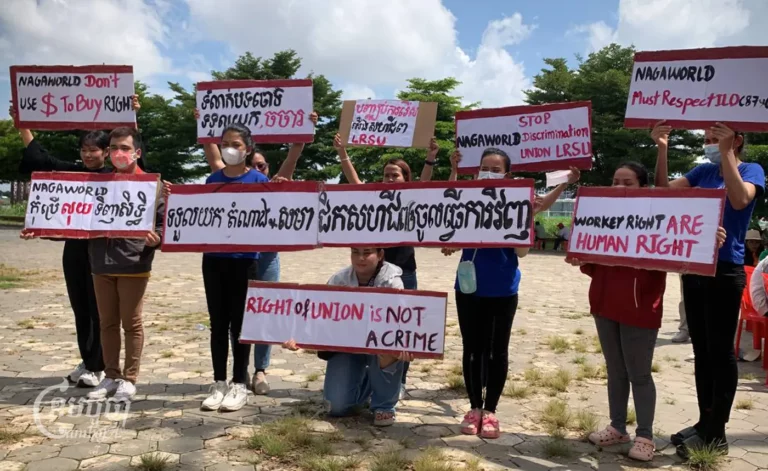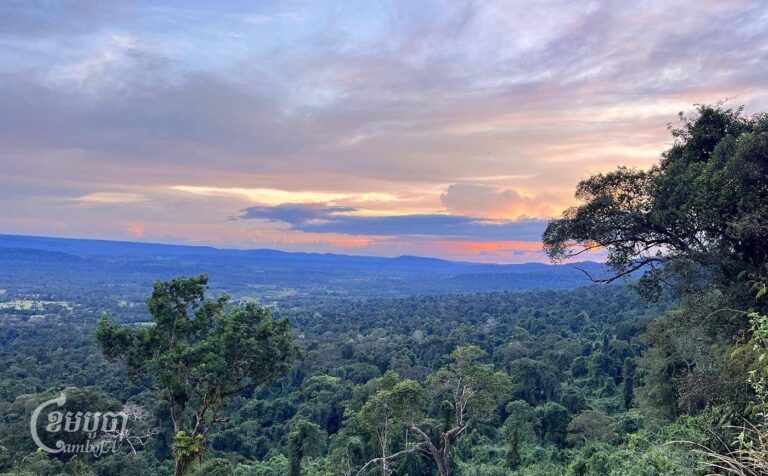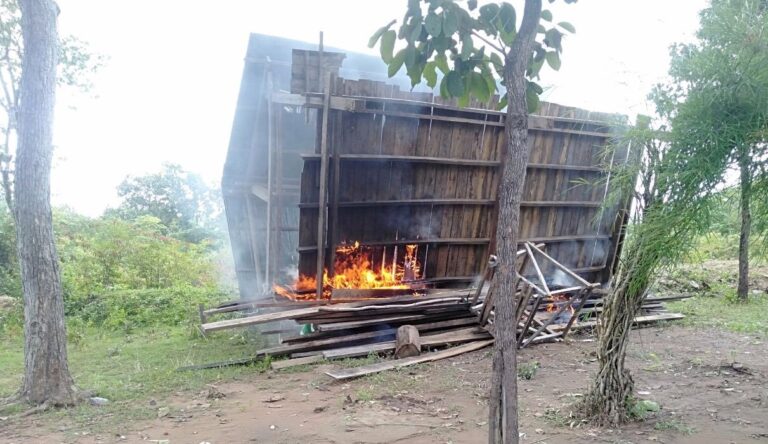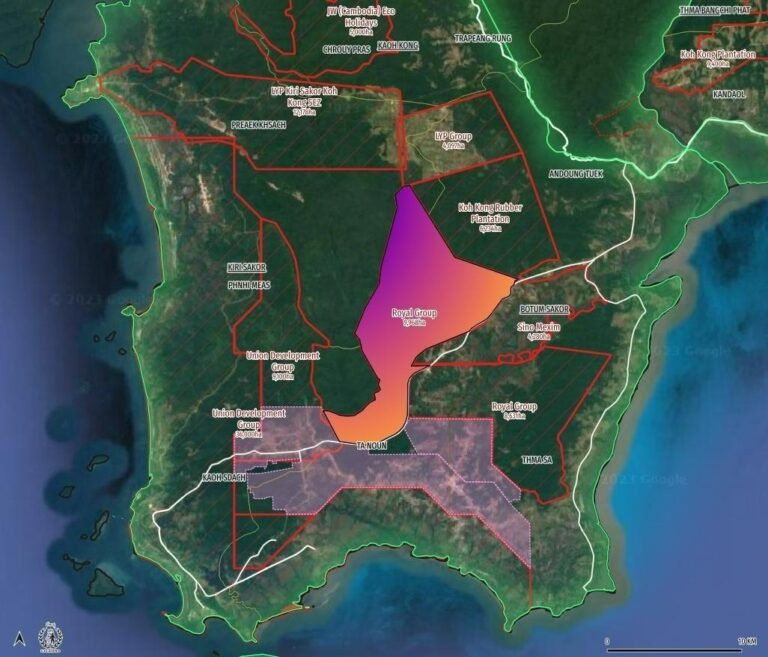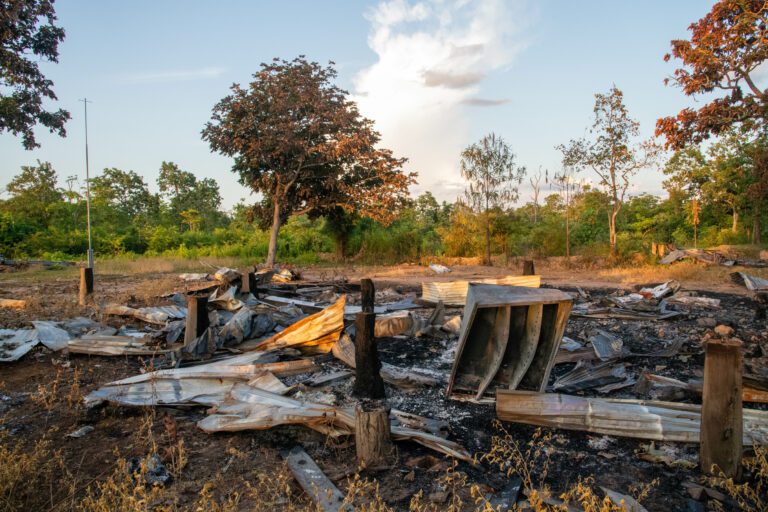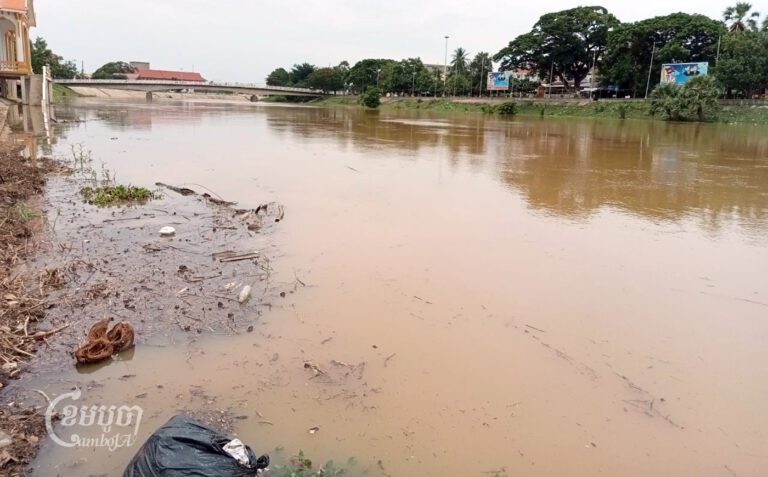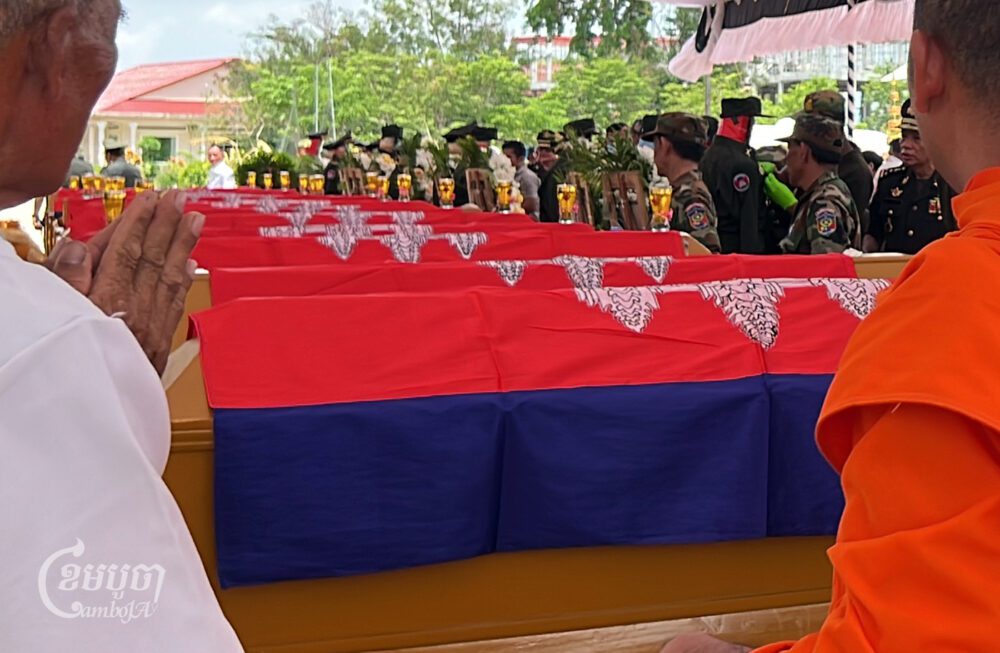In response to allegations of rights abuses by NGO Human Rights Watch leading to the suspension of the Southern Cardamom REDD+ project, Environment Ministry official Chuop Paris was dismissive.
“I think it is a main misunderstanding between the Human Rights Watch and Wildlife Alliance,” he said. “That’s why with some rumors or fake news or whatever, I just say ‘come and see, come and visit the real place.’”
Chuop is the Environment Ministry’s main liaison with conservation NGO Wildlife Alliance in managing the Southern Cardamom REDD+ project. The project now faces review from carbon offset project certifier Verra in response to the “preliminary findings” of an ongoing investigation by the NGO Human Rights Watch.
The project, which was registered by Verra in 2020, has sold more than 27 million tons-worth of carbon emission offset credits. Issuance of further credits has been suspended by Verra as of June 19.
Requests for comment to Wildlife Alliance about the ongoing investigations into the REDD+ project were directed to Everland, the company selling carbon credits to finance the forest conservation program implemented by Wildlife Alliance and the Environment Ministry.
Everland’s vice president of communications and marketing provided a statement attributed to Wildlife Alliance CEO Suwanna Gauntlett.
“Wildlife Alliance meaningfully and unambiguously advances human rights and sustainable development in a tremendously challenging environment,” Gauntlett’s statement read.
Gauntlett warned the Human Rights Watch investigation in its current state would “cause irreparable damage and harm to the communities, forest, and wildlife of the Southern Cardamoms.”
“We are engaging with HRW to make sure they have all the information necessary to arrive at an unbiased and accurate conclusion,” Gauntlett states. “It would be completely irresponsible for HRW to publish inaccurate and misleading findings before allowing Wildlife Alliance to correct the numerous inaccuracies in the information they rely on.”
The investigation has been ongoing since April 2022, Human Rights Watch said on Thursday. The “preliminary findings” had previously been sent to the “implementers of the project” and later Verra, the statement added.
But Human Rights Watch Asia deputy director Phil Robertson told CamboJA that the investigation was not yet complete and that a draft of the full report had not been shared with Wildlife Alliance, the Environment Ministry or any other entity.
“However, we have been in regular contact with Wildlife Alliance and Wildlife Works Carbon over the past six months, exchanging information and perspectives on the situation,” Robertson stated. “We look forward to continuing those discussions with Wildlife Alliance and other relevant stakeholders and publishing our report in due course.”
The Environment Ministry’s Chuop claimed he had not received any summary of the Human Rights Watch report.
After hearing the REDD+ project had been suspended this week, two members of the Chorng indigenous living in the Southern Cardamoms told CamboJA that the project had blocked community members from gathering non-timber forest products and zoning issues had impeded farming.
Asked about whether the REDD+ project had disrupted people’s livelihoods by impeding access to forests, Environment Ministry official Chuop chuckled.
“No, it is not true,” Chuop said.
Chuop repeatedly told CamboJA that the Environment Ministry and the REDD+ project are supported by the two pillars of conservation and community, and that community livelihood and conservation has improved due to the project.
“We understand that when people have enough income they don’t disturb our forests, they only disturb our forests and our nature for lack of income,” Chuop. “That is why we understand we have to help the people.”
When asked about unclear zoning leading to conflict between Chorng community farms on the border of protected areas in the Southern Cardamoms’ Koh Kong province, and whether those problems had extended into the REDD+ project zone, Paris said there had been “no evidence” of the zoning process forcing people off their land.
Wildlife Alliance champions goals of improving community livelihood on its website.
The organization also has a documented history of aggressively implementing a “fortress conservation” model which has included dismantling structures built inside protected areas and confiscating farming equipment allegedly linked to deforestation through patrols led in part by paramilitary units.
Wildlife Alliance has said over the years that strict law enforcement is needed to prevent deforestation. The NGO boasts about its arrests of alleged poachers and loggers and states that it annually confiscates more than 2,200 chainsaws allegedly used for illegal logging. The NGO says it saves the equivalent of 26 baseball fields-worth of forest per year.
Chuop told CamboJA to direct further questions about the alleged human rights abuses and suspension of the REDD+ project he is overseeing to Everland and Wildlife Alliance, because he is “very busy with the election next month.”


